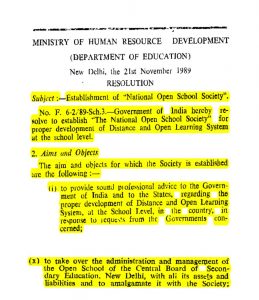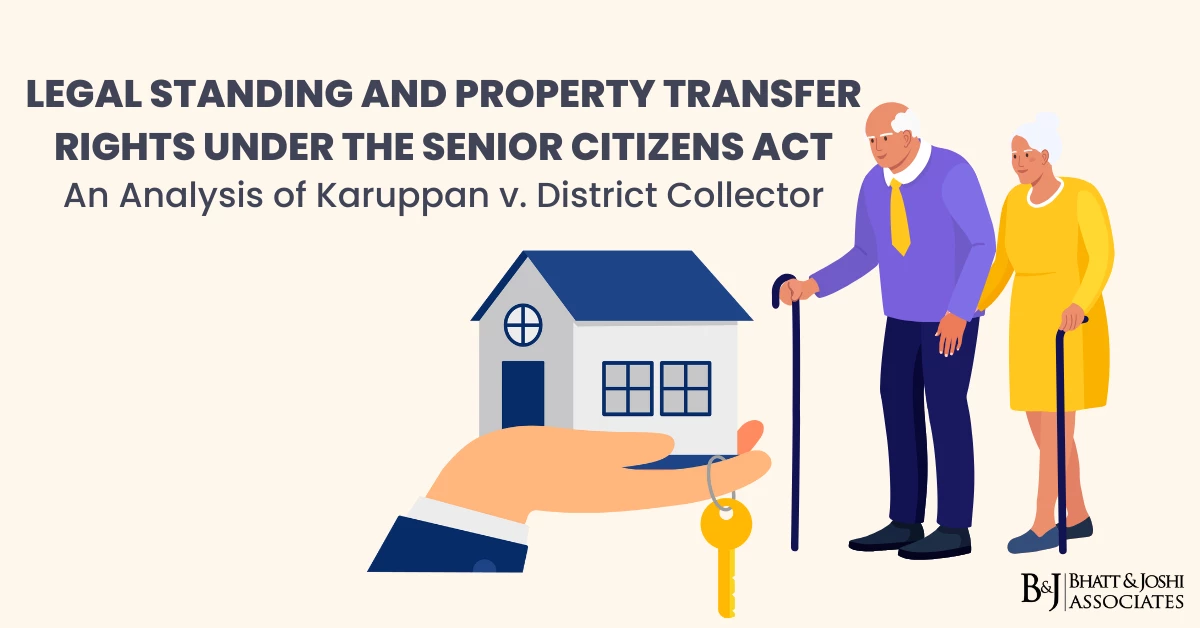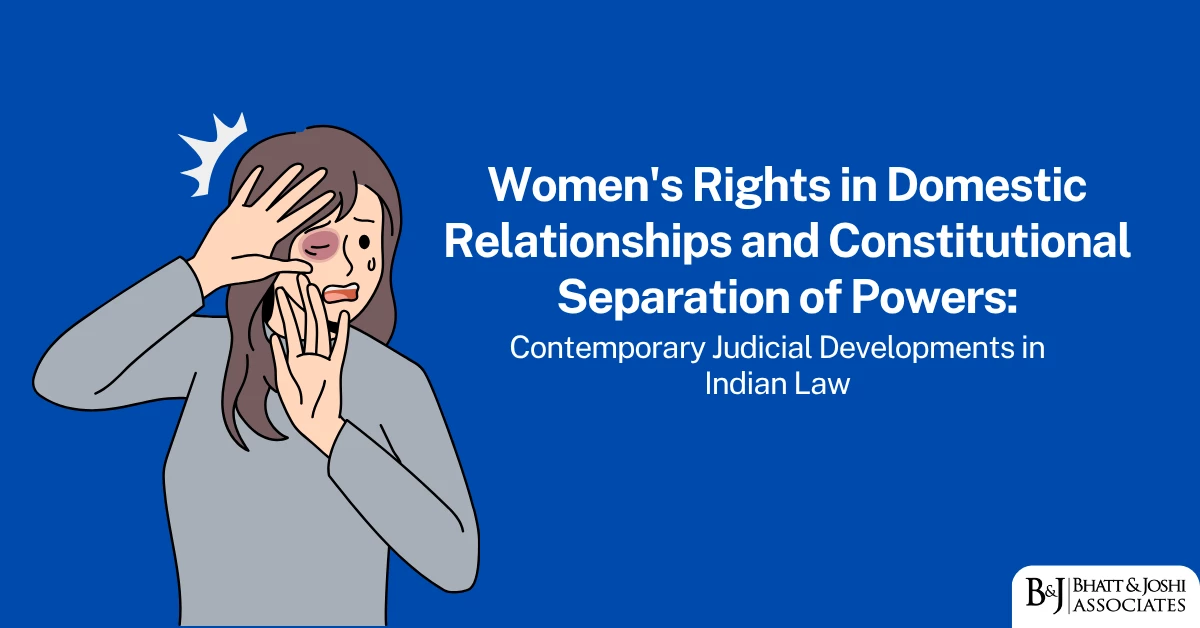The National Institute of Open Schooling (NIOS), formerly National Open School (name changed in 2002), is the board of education under the Union Government of India. It was established by the Ministry of Human Resource Development of the Government of India in 1989 to provide education to all segments of society with the motive to increase literacy and aimed forward for flexible learning. The NIOS is a national board that administers examinations for Secondary and Senior Secondary examinations similar to the CBSE and the CISCE. provide education up to the pre-degree level to those who for one or the other reason could not make use of the formal education system. N.I.O.S. has also been vested with the authority to conduct and certify examinations for Secondary levels by the Government of India.

Open schooling serves as a wellspring for education for the ignored and disadvantaged group of the society,and works as a helping hand for those who due to some reasons are unable to access the formal form of education be it due to financial burden on them or the distant factor that restricts them from accessing the formal form of education.The concept of open schooling comes in very handy in the Indian scenario as India is a country with vast differences be it economic, educational, cultural etc.
The Government of India from its Department of Education, Ministry of Human Resources Development, New Delhi, framed a policy known as `National Policy on Education 1986′.Which was adopted by the parliament of India in 1986.
The sole motive of the establishment of NIOS was to provide education in all corners of the society and to increase the overall literacy of the country. The establishment of NIOS was done with a bigger picture in mind for the betterment of the society and the country and for a civilized existence of the citizens and to make it certain that the ray of education makes its way to each and every mind of the country.
In the eyes of the government and legally it is valid to pursue any form of education but in the eyes of the Indian society, the picture of NIOS is not very clear the Indian society is of the opinion that imparting education from an open schooling platform is just a way to waste time and its value is not as much when compared to other boards like the CBSE or the education boards of various states.
The efficacy of NIOS can be made very clear with the way of its establishment it is very necessary to note down that NIOS was established by the Union Government Of India under the Ministry of Human Resource Development way back in 1989.
There have been many instances in which Hon’ble courts have made it very much clear that there is no issue due to which the validity of NIOS should be questioned through various judicial precedents that NIOS is a recognized institution and shares the same status as CBSE or any other education board of the states
It is very pertinent to mention that the main essence of the establishment of NIOS or open schooling is to impart education through an informal approach ie taking the road that is not meant for all but for those who fall under some special situations or circumstances that resist them from taking the normal course.
Further in this article, the reader would get to know about various legal precedents and official documents of the government that would further make it clear that there is no reason that the efficacy of NIOS should be questioned and that it is a recognized board run by the MHRD ( Ministry Of Human Resource Development).
PARA 2(9) OF THE GAZETTE OF INDIA DECEMBER 1989

Following are the relevant paragraph from various judicial precedents:
Yuvraj Choudhary vs. Union of India and Ors. (22.12.2020 – PHHC) : MANU/PH/2201/2020
” Para 4: In their written statement respondents No. 2 and 3 have made preliminary submissions that NIOS was set up in 1989 by the Ministry of Human Resource Development, Government of India to provide educational opportunities to persons unable to get regular schooling who wish to study further. The NIOS supplies the study material through post and arranges contact programmes for a limited number of days in a year through accredited institutes. There is a system of internal assessment through TMAs in the Secondary of Senior Secondary Course. The internal assessment carries 20% weightage of Theory and the marks are shown in the mark-sheet along with the marks of external examination which carries 80% weightage. TMAs are to be submitted before appearing in the public examination before the last date as provided in the prospectus and notified on the website. The students are given 9 opportunities to pass the examination twice in a year and unlimited chance in On Demand Exam with liberty to pass any number of subjects at a time. Respondents No. 2 and 3 have taken preliminary objection that the petitioner has not impleaded Shishu Niketan Senior Secondary School, Sector-22-D, Chandigarh which was the accredited institute. No TMA was submitted by the petitioner. Identical case Writ Petition (Civil) 904 of 2020 titled as Sonia Singh v. National Institute of Open Schooling (NIOS) and another and connected writ petitions have been dismissed by Hon’ble Supreme Court. Further, an option was given to the students to apply for the On Demand Exam. Despite the option to apply for On Demand Exam from 01.09.2020 to 10.09.2020 the petitioner did not apply for the same. The petitioner was aware that the last date for submission of TMAs was 31.01.2020. All other students submitted their TMAs within time. The students who submitted TMAs were declared to have passed the examination. The petitioner was declared to have failed as he did not submit TMAs and was marked absent for the three subjects. The case of the petitioner is governed by sub-clause (d) of Clause 5 of notification No. 19 of 2020 dated 10.07.2020 whereas the case of Jitesh Kumar whose result card has been appended with the petition was governed by sub-clause (c) of Clause 5. The representations made by the petitioner were baseless. Respondents No. 2 and 3 have accordingly prayed for dismissal of the writ petition.
for the petitioner seeks permission to withdraw this Writ Petition. Permission is granted. The Writ Petition is allowed to be withdrawn. Pending applications, if any, stand disposed”
It was observed by the Hon’ble High court of Gujarat in the case of Siddharth Jagdishbhai Panchal vs Admission committee for professional diploma courses that all the three boards ie: CBSE, CISCE, and NIOS have been established by the education department of the government of India and therefore all the 3 are recognized and equivalent in nature.
Thus, it can be concluded that the recognition and equivalency of the National Institution of Open Schooling are at par with CBSE,& other educational boards by various judicial precedents and various notifications by the government. Therefore, it becomes very obvious that since the Union Of India is directly involved in the establishment of NIOS the question of the challenges to the efficacy of NIOS vanishes also, NIOS which is India’s largest open schooling platform, in the year 2021 more than 1.90 million candidates had enrolled themself in the exams offered by the NIOS












